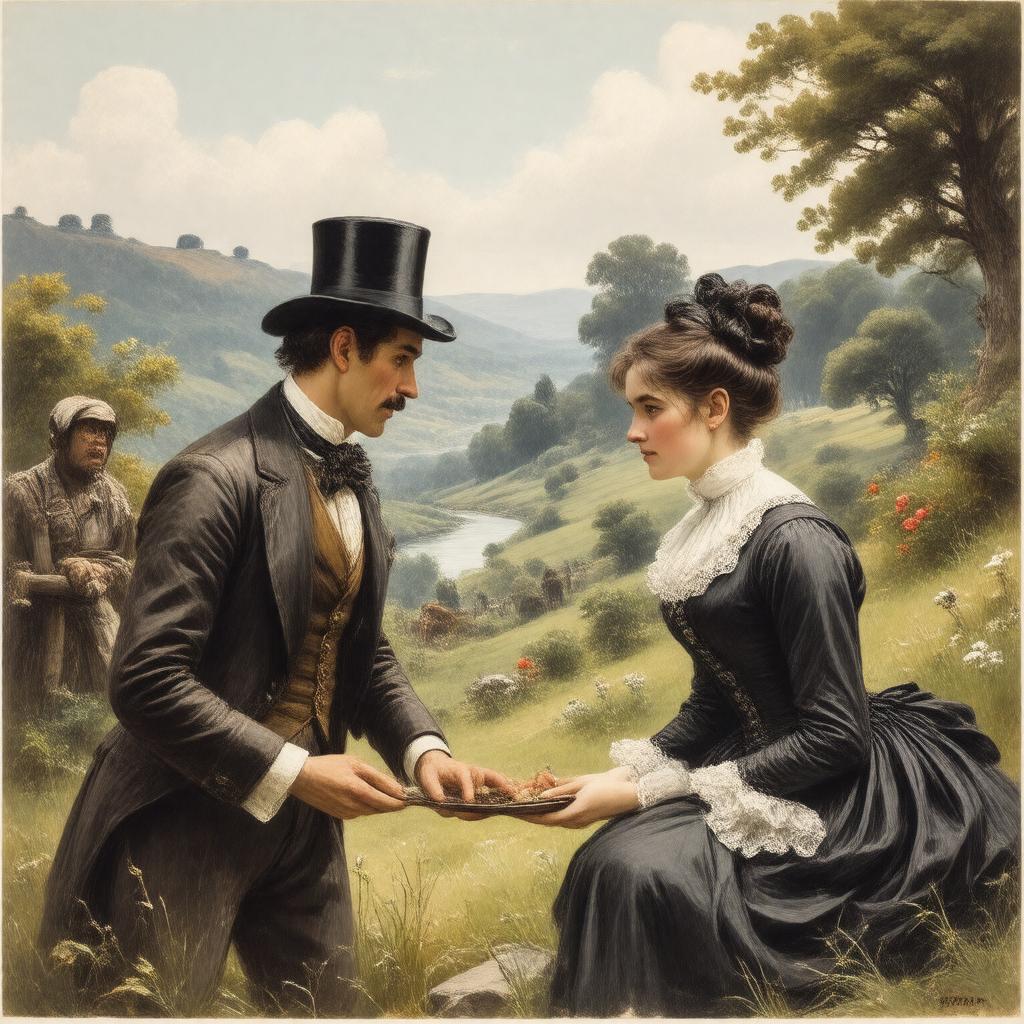
AI-created image
Statements (17)
| Predicate | Object |
|---|---|
| gptkbp:instanceOf |
gptkb:novel
|
| gptkbp:adaptation |
gptkb:BBC_radio_drama
|
| gptkbp:author |
gptkb:George_Meredith
|
| gptkbp:countryOfOrigin |
gptkb:United_Kingdom
|
| gptkbp:genre |
comedy of manners
|
| gptkbp:language |
English
|
| gptkbp:mainCharacter |
gptkb:Clara_Middleton
gptkb:Sir_Willoughby_Patterne |
| gptkbp:mediaType |
gptkb:print
|
| gptkbp:notableFor |
satirical style
psychological insight |
| gptkbp:publicationDate |
1879
|
| gptkbp:publisher |
gptkb:Chapman_&_Hall
|
| gptkbp:setting |
gptkb:England
|
| gptkbp:bfsParent |
gptkb:George_Meredith
|
| gptkbp:bfsLayer |
4
|
| http://www.w3.org/2000/01/rdf-schema#label |
The Egoist
|